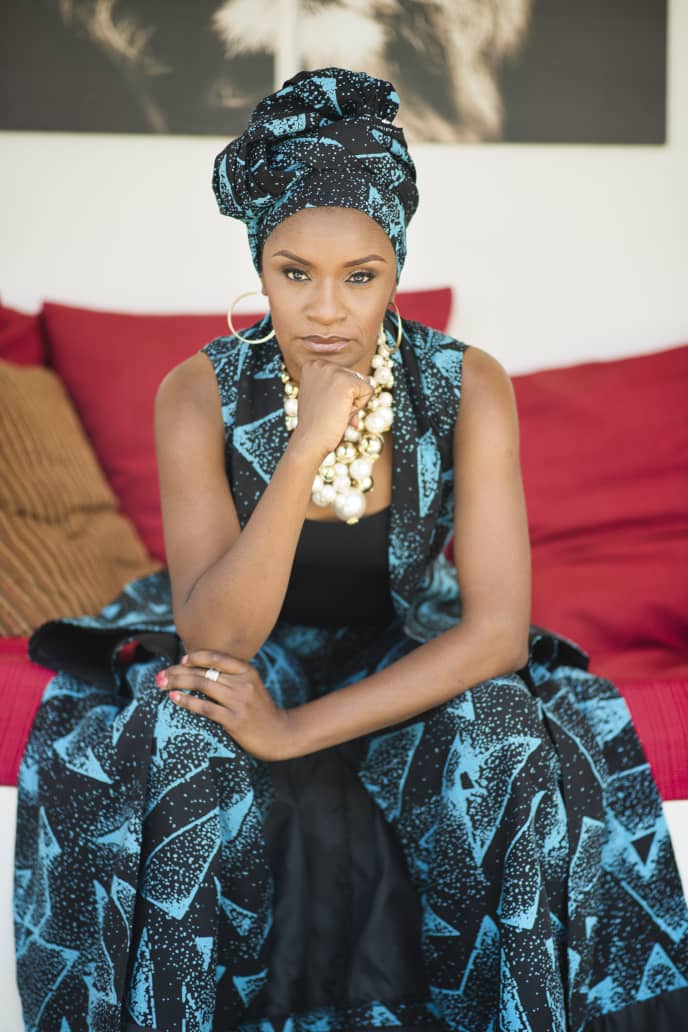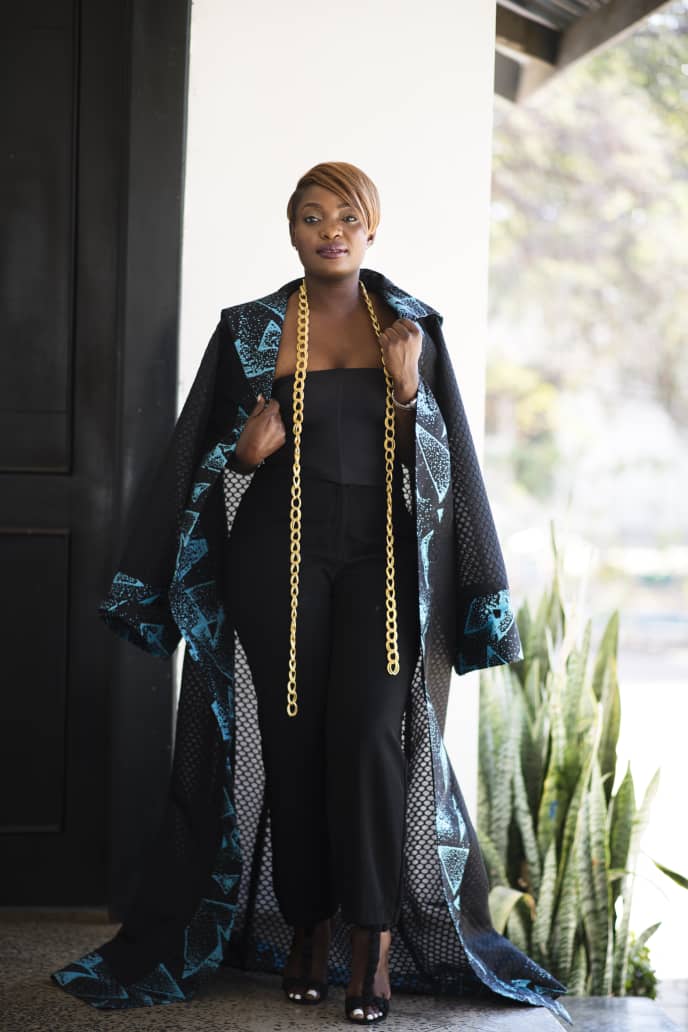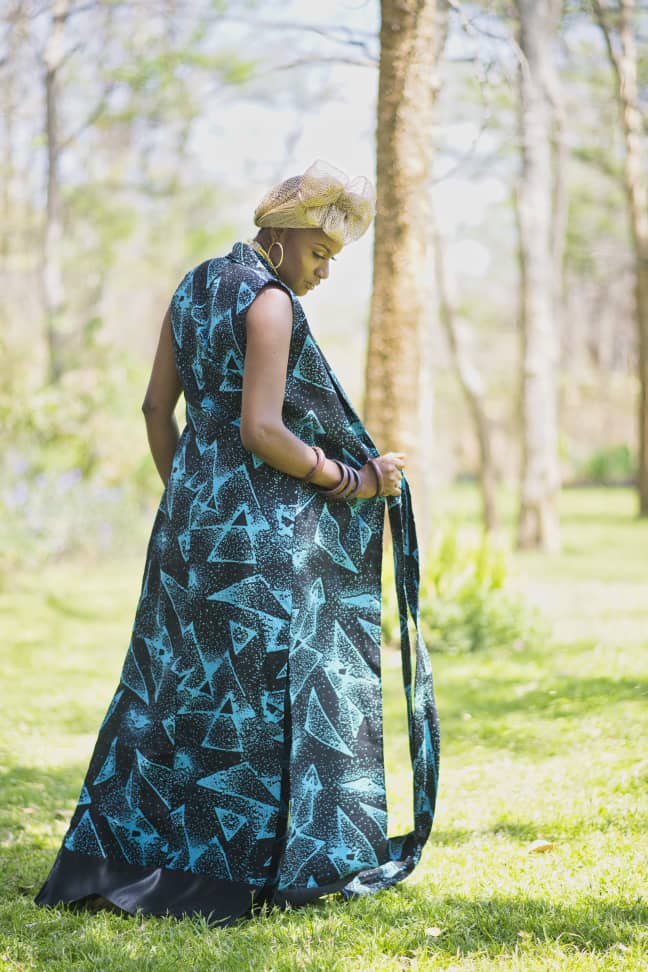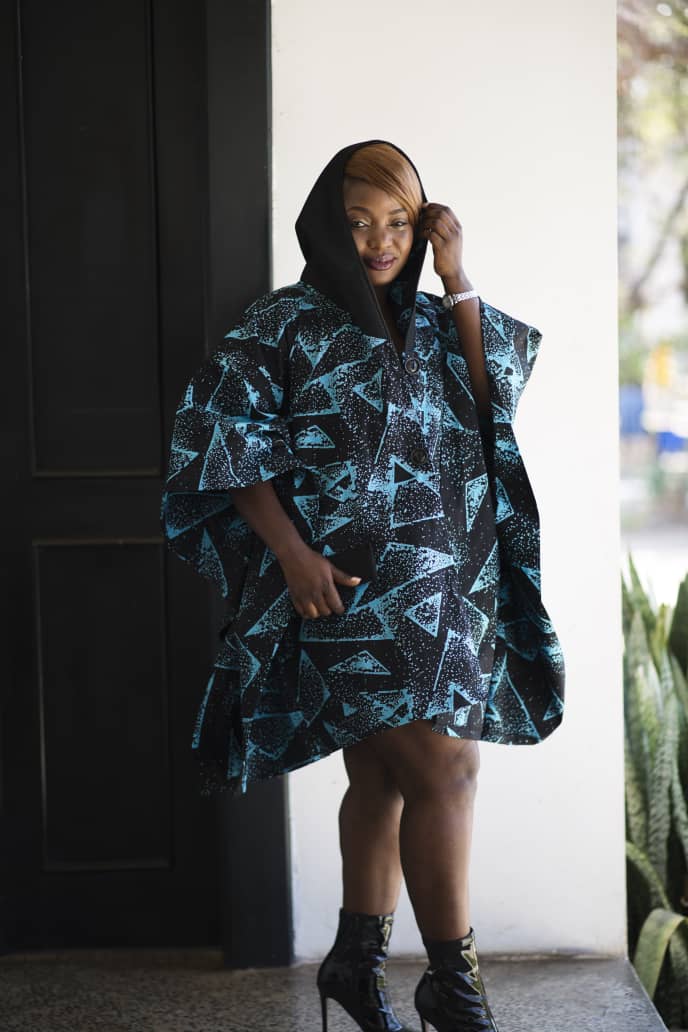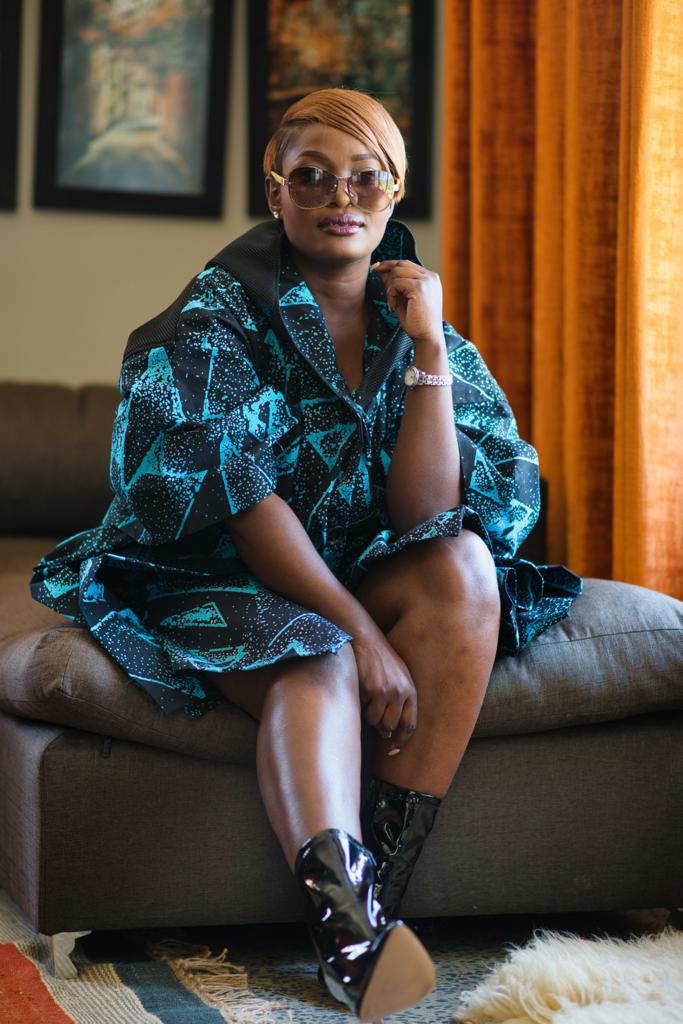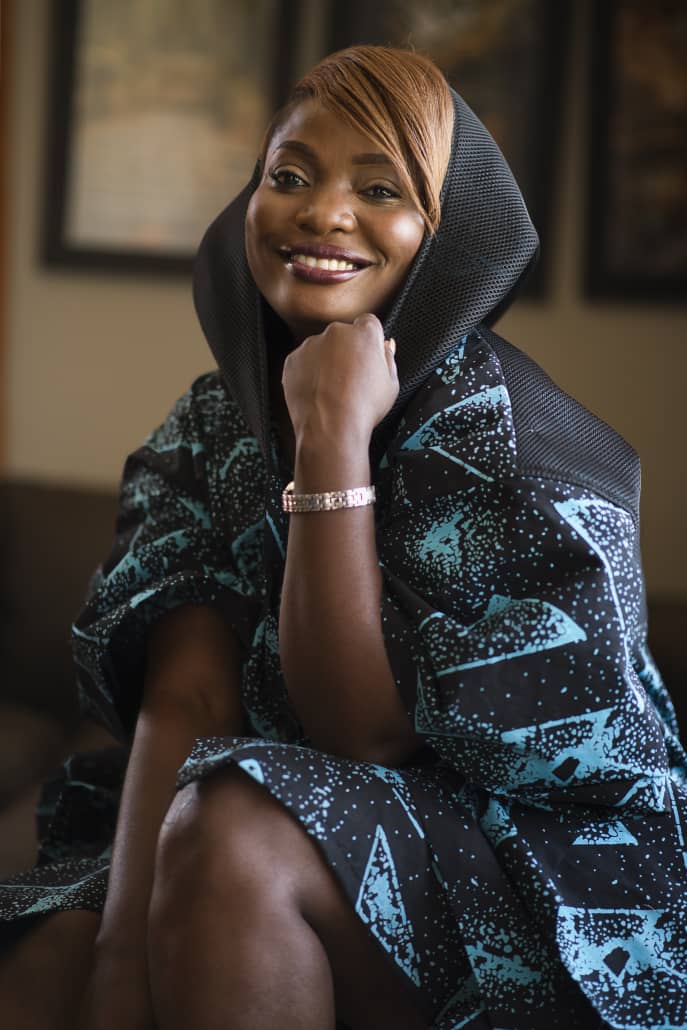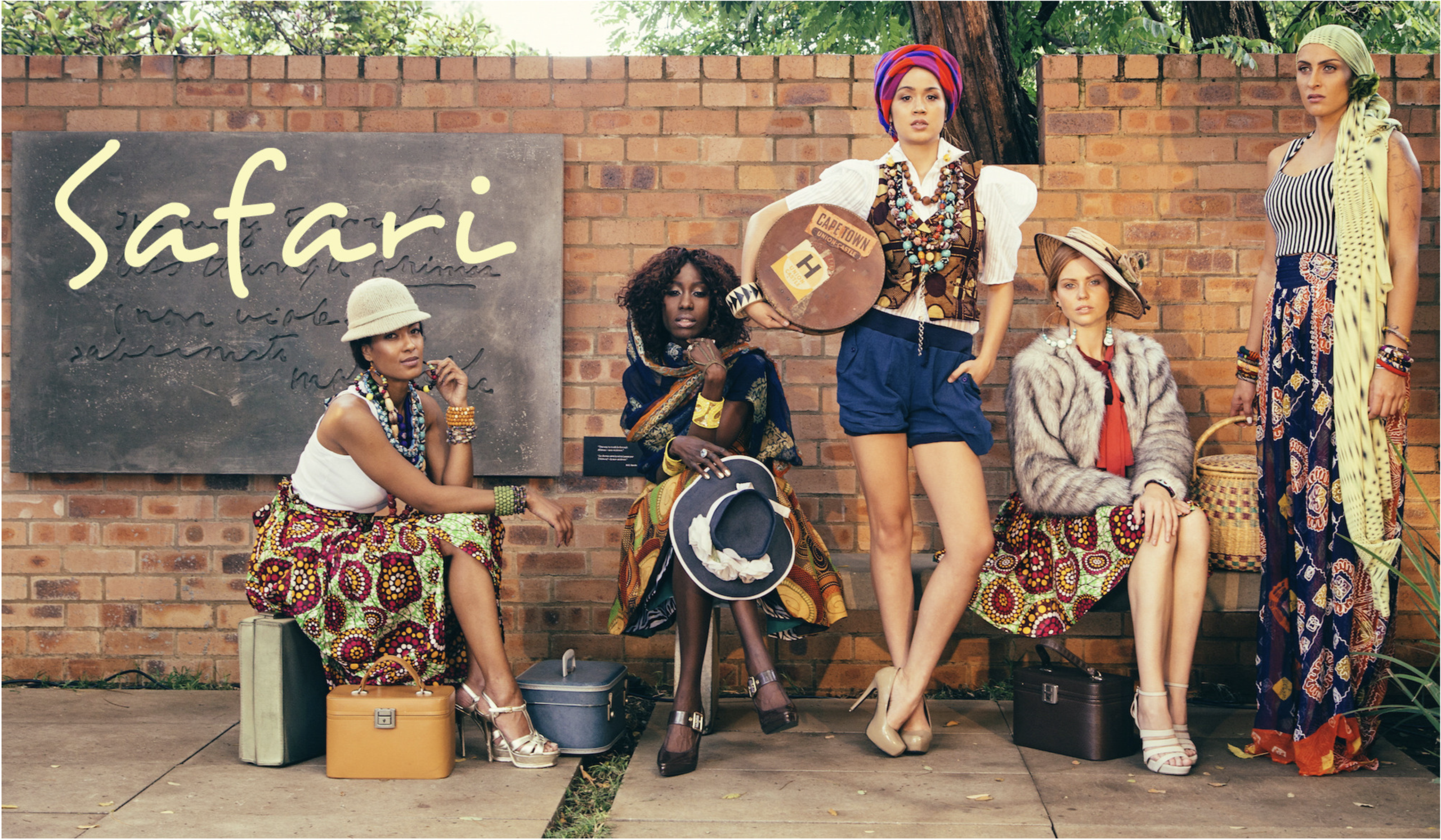In the heart of Zambia, a movement known as ‘My Zambia, My Responsibility’ is igniting conversations, fostering unity, and championing a spirit of Ubuntu among Zambians. At its helm is Chisoma Lombe, a passionate advocate for both the nation and sustainable fashion and design. As the President and Creative Designer of ChizÓ, Chisoma seamlessly fashions together African heritage and modern elegance. Meanwhile, Chola Chilufya Lungu, with her extensive background in communication strategy design, drives impactful initiatives at AgriPredict and ‘My Zambia, My Responsibility’. This dynamic duo shares not only a passion for impact but also the belief that individuals, rather than external entities, hold the key to change in their homeland, Zambia.
This interview delves into their initiatives and explores how they’re reshaping Zambia’s mindset, addressing issues like drug abuse, and forging a brighter future through creative expression and community engagement.
The Story of Chola and Chisoma’s ‘My Zambia, My Responsibility’
FAB: Can you share the origins of “My Zambia, My Responsibility” and its influence on the local community? What spurred its creation?
Chisoma: In 2000, “My Zambia, My Responsibility” was born as a catalyst for Zambians to engage in a conversation about personal responsibility for our nation. It encourages a sense of ownership rather than relying on external solutions.
The inspiration for our initiative draws from a combination of experiences. I began my career in the private sector and later transitioned to the Zambia Development Agency. In my private sector journey, I noticed a prevalent tendency among individuals, like myself, who had no government background. We often looked to the government for solutions. When I eventually joined the government, I realised that they had a much broader responsibility beyond the immediate issues people were raising. They were striving to help the people of Zambia, but the role of citizens was equally critical.
We chose to implement change through partnerships with various organisations, preferring to facilitate projects rather than manage them directly. One such campaign was “#KeeperHerInSchool,” designed to raise funds to purchase sanitary materials for rural girls, ensuring they wouldn’t miss school due to their periods. This effort involved collaborating with a local bank and the Examination Council of Zambia.
Our projects are collaborative efforts with other organisations intended to facilitate change. For instance, #KeeperHerInSchool campaign aimed to provide sanitary materials to rural girls, ensuring they didn’t miss school due to their periods. We partnered with a local bank and the Examination Council of Zambia, offering financial resources sourced from fellow Zambians.
Throughout our journey, we’ve conducted mentorship programmes, initially for both girls and boys. But we observed a significant gap when it came to young men, leading us to focus on their mentorship. However, in this process, we discovered an underlying issue linked to drug and alcohol abuse among youth. We then decided to address this problem, delving deeper into the training received in the US and collaborating with various organisations like the drug enforcement agency and local hospitals that provide treatments. Currently, we are in the process of drafting a national strategy to tackle this issue.
Chola: In addition to our community initiatives, both Chisoma and I have backgrounds in fashion and design. To preserve our fashion heritage, we hosted a creative convention that delved a century into Zambia’s fashion history, bringing it to life with designers’ recreations. This endeavour aimed to document and celebrate our rich fashion heritage.
The recent photoshoot is an extension of our commitment to initiating conversations and creatively engaging with the community. It’s a visual commentary on the issue of drug and alcohol abuse in Zambia, particularly among adolescents and young people.
Drug Abuse in Zambia, Way Forward
FAB: Could you outline the primary causes of drug and alcohol abuse in Zambia, particularly among the youth?
Chisoma: Substance abuse among young people frequently arises from their inability to fully grasp the consequences. These substances are portrayed as trendy and alluring, especially in Western music videos, which are a major source of inspiration and entertainment for youth. There’s a prevalent sense that drug and alcohol use is fun rather than harmful.
Moreover, the age group we are focusing on is naturally inclined to take risks, and high unemployment rates in Zambia amplify the problem.
Culturally, there’s a substantial focus on nurturing girls, while boys are often presumed to grow up to be responsible men. There’s a lack of attention paid to boys in terms of nurturing and mentorship. We have also observed a scarcity of free, safe recreational spaces for young people. The availability of bars within close proximity is a concern.
Recent statistics from a rehabilitation centre indicate that a significant portion of individuals seeking rehabilitation for substance abuse cite abandonment as a major factor. With parents focused on their careers, many young people feel abandoned and unloved, leading them towards substance use.
More Like This:
Now’s Your Time To Consume Fashion Sustainably
Alamande Belfor: “It inspires me when people tell me that I can’t make it.”
Fashion and lifestyle products can add a lot of value to your life!
Sustainability For Beginners. 3 Major Things You Can Do.
FAB: In what ways can women effectively balance their careers and family responsibilities without detriment to either?
Chisoma: The concept of involving extended family members can significantly contribute to striking a balance. In the past, families often consisted of multiple generations living together or in proximity, providing a robust support network. This collaborative approach ensured that children received care and attention, even when parents were working.
Chola: The modern family structure often lacks this extended network, primarily comprising parents, children, or parents and domestic help. This reduction in extended family support can deprive children of the valuable influence of grandparents or other relatives. To address this issue, we need to foster a sense of community and shared responsibility in child-rearing. It’s time to redefine our approaches and involve the entire community in nurturing the next generation.
FAB: Chisoma, as a mentor to young women and a designer, what guidance would you offer to aspiring designers and entrepreneurs keen on making a positive impact locally?
Chisoma: My advice is rooted in personal experience. I initially pursued a career in chartered accounting, returning to follow my passion later. I found that my qualifications as an accountant didn’t allow me to create the impact I desired. It was only by discovering my passion that I unlocked a platform where people sought my guidance. I encourage young entrepreneurs to follow their passions ardently because it’s the driving force behind lasting change. Passion sustains you and ensures that you continue making an impact. It’s not worth pursuing something devoid of passion, as you’ll ultimately drop it due to a lack of drive. Passion equips you to create a substantial impact on your community and beyond.
Chola: It’s imperative to find your inner drive—the core of what motivates you. Embrace your passion, and you’ll find that it not only propels your journey but also serves as a means to make a profound impact. Your journey should not merely be a means to an end; it should be a means to making a positive impact and inspiring others. Stay up to date on the newest in the world of Fashion, Arts, Beauty and Lifestyle; Follow FAB on socials.
Chola and Chisoma fashion change and inspire responsibility in Zambia
FAB: How can the fashion industry foster cross-cultural understanding and address global issues?
Chola: The fashion industry possesses a unique potential to drive cross-cultural understanding and spotlight global concerns by intentionally advocating for positive change. Fashion shows and design platforms are robust tools for raising awareness and educating individuals about diverse social and environmental issues.
Chisoma: The industry has already demonstrated its influence in promoting African culture and fabrics. It’s critical to exploit these platforms to celebrate Africa’s accomplishments and narrate positive stories. Fashion doesn’t just concern clothing; it encompasses shoes, accessories, and more, serving as a formidable economic driver. This industry creates employment opportunities, especially in regions where fashion is a burgeoning sector.
FAB: How does your brand, Poleka, integrate eco-friendly practices into its production, and what role should the fashion industry assume in terms of environmental responsibility?
Chola: In Poleka, we’ve taken initial steps to raise awareness among designers about recycling. The fashion industry has a substantial journey ahead, primarily in regions where industrialization is yet to take firm root. For instance, we still employ dyes and materials that lack environmental friendliness. There’s ample scope for improvement, particularly in recycling fabrics and responsible sourcing.
Chisoma: Sustainability is an area where Africa can take the lead, given its rich history of hand-woven fabrics and natural materials. Nonetheless, these concepts are frequently appropriated without equitable compensation. The fashion industry should explore avenues to conserve and advocate for traditional practices while involving local communities in eco-friendly design and production. The balance between heritage preservation and sustainability promotion is the key.
FAB: Chisoma, how would you like to be remembered over the next fifty years?
Chisoma: I aspire to be remembered as someone who fulfilled her purpose on this earth.
Chola: My hope is to be remembered as someone who dared to break through limitations. I believe in challenging the boundaries placed upon us and aspire to inspire others to do the same. I envision a world where people break free from constraints and realise their unlimited potential, becoming blessings to others along the way.
Credit:
Photography – Hudson Chirwa
Make Up -Tika M. Banda






